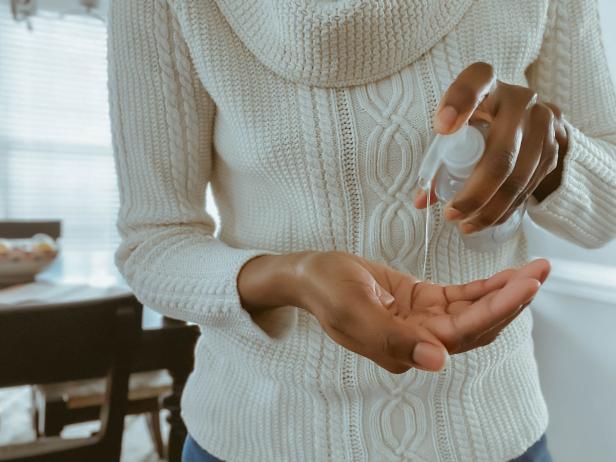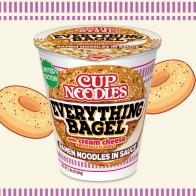How to Use Hand Sanitizer
The do's and don'ts of using hand sanitizer to ward off germs.

Grace Cary/Getty Images
The Centers for Disease Control (CDC) recommends washing your hands with soap and water in order to reduce the amount and types of germs and chemicals on your hands. However, if soap and water aren’t available, you can use hand sanitizer to help minimize illness and spreading germs to others. Here are guidelines for choosing the right hand sanitizer, and tips for properly using it.
When to Use a Hand Sanitizer
Choose a hand sanitizer with at least 60-percent alcohol. Alcohol-based hand sanitizers can quickly reduce the number of germs on hands, but according to the CDC they do not eliminate all types of germs. Hand sanitizer with less than 60-percent alcohol may not work as well for many types of germs and it tends to just reduce the number of germs verses destroying them.
Hand washing is more effective than hand sanitizer at removing certain kinds of germs like norovirus, Clostridium difficile, and Cryptosporidium. But hand sanitizer that is alcohol-based can inactivate many types of germs effectively when used correctly.
How to Use Hand Sanitizer
The CDC guidelines for using hand sanitizer include applying the product into the palm of one hand. Read the label to know the correct amount to pour. Next, rub the product all over the surfaces of your hands until your hands are dry.
It is unclear if using hand sanitizer past its expiration date is just as effective. However, the Clorox Pro website says their hand sanitizer has a shelf life of 24 months.
Incorrect Ways People Use Hand Sanitizer
There are several incorrect and ineffective ways hand sanitizer can be used. One is not using enough of the hand sanitizer on the hand. Another error is wiping it off before it's dried. In addition, according to the CDC, when hands become very greasy or dirty (like after playing football in the mud) hand sanitizer may not work as well. In that case, hand washing with soap and water is the best choice.
Why You Shouldn't Forget Hand Washing
Hand washing is still the best way to minimize germs on your hands. This is especially true before, during and after preparing food or before eating. Also wash your hands after using the restroom, changing a diaper, touching a pet or cleaning your pet’s waste, handling the garbage, and after coughing, sneezing or blowing your nose. To properly wash your hands:
- Wet your hands with clean running water and apply soap.
- Rub your hands together, lathering and scrubbing well. Scrub the back of your hands between your fingers, and under your nails (which should be trimmed).
- Continue rubbing your hands for at least 20 seconds.
- Rinse your hands under running water.
- Dry your hands using a clean towel, or air dry. Do not wipe your hands on your clothes.
Related Content:

































